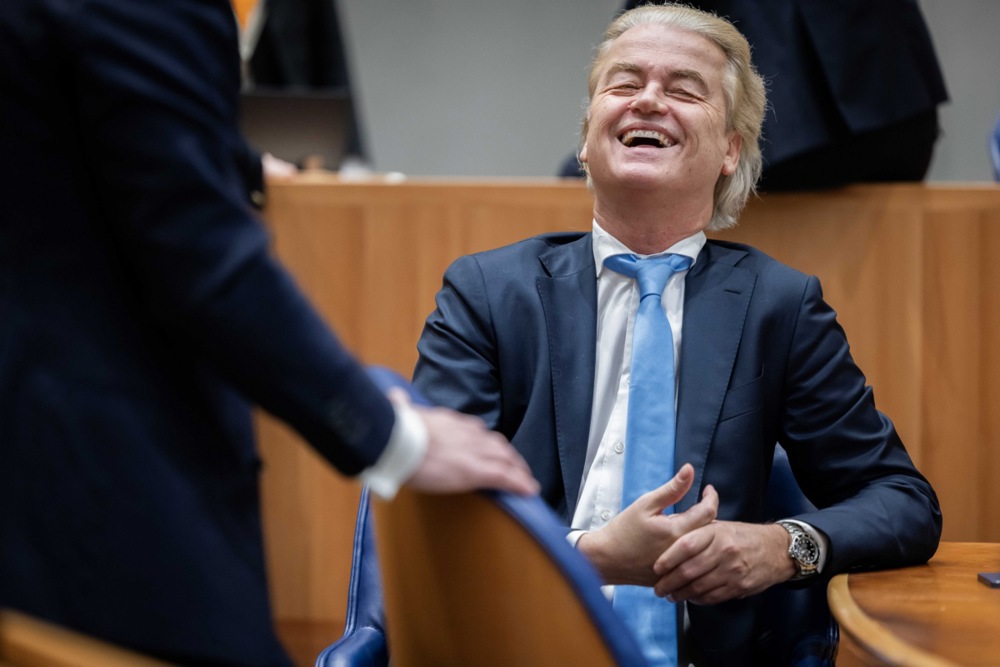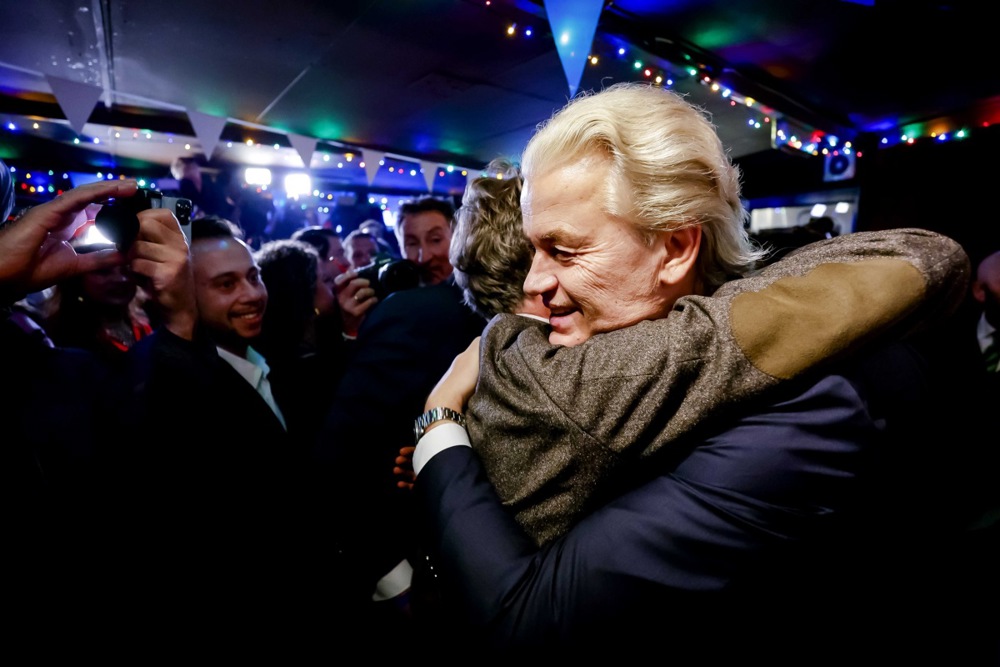Across the globe, a tectonic shift is underway — a groundswell of popular protest that, despite its size and significance, receives little more than a whisper in mainstream media coverage. What began with Dutch farmers in 2019 and Canadian truckers in 2022 has now evolved into a broader working-class revolt that continues to reshape the political landscape of 2025. In the Netherlands, tens of thousands of farmers marched against government policies threatening to decimate their industry. In Canada, truckers found their bank accounts frozen and their fundraising restricted, their resistance against government mandates met not with debate, but with financial punishment. Sri Lanka saw its government overthrown when utopian plans for organic transformation collided with stark reality and public outrage.
These are not isolated incidents, but symptoms of a broader revolt against the ambitions of a global elite pushing environmental and economic agendas that increasingly come at the expense of ordinary people. As we enter the final months of 2025, this pattern has only intensified. Anti-immigration demonstrations have become regular occurrences in the UK, the Netherlands, Ireland, and Germany, revealing deep fractures in European societies. What we are witnessing is a new kind of class conflict, this time not defined by traditional Left-vs-Right debates, but by a struggle between a managerial elite and the lower-middle and working classes.
Today, four groups drive this dynamic: activists consumed by apocalyptic visions and overrepresented in media, politics, and academia; politicians eager to virtue signal for social approval, especially on platforms like Twitter; corporations pandering to fashionable trends for profit, regardless of genuine conviction; and finally, the silent majority — those who pay their taxes and want to lead peaceful lives, yet find their world increasingly encroached upon by top-down directives.
Take Germany, where the unilateral abandonment of nuclear power was made on ideological rather than practical grounds. Citizens, assured that wind and solar would replace the energy shortfall, now face the harsh reality of rising costs and diminished reliability. Despite significant progress in renewable energy adoption, Southern and Eastern Europe continue to grapple with retail energy bills that remain 40-70 per cent higher than pre-crisis levels. Similar patterns emerge in agricultural policy across Europe, where the European Commission has been forced to roll back various Green Deal requirements in response to sustained farmer protests. In each case, democratic societies find themselves ruled not by the majority, but by a narrow coalition of highly active, highly visible interest groups.
The political consequences are now undeniable. In 2025, populist parties have simultaneously topped polls in Austria, Germany, France, and Britain for the first time in modern history. The Alternative for Germany (AfD) has become the country’s most popular party with 26 per cent support. In the Netherlands, Geert Wilders forced a government collapse and snap election over immigration policy. Poland swung back to the conservative right, while populist movements have made significant gains in Portugal, Austria, and the Czech Republic.
Meanwhile, supposedly progressive movements in the West become increasingly divorced from the working classes they claim to champion. The truth is that most people want affordable energy, food security, good schools, manageable immigration, and the preservation of their national identity. It is not the endless green revolution promoted by academic theorists and state funded activists they are longing for.
In the United States, President Trump’s return to power in 2024 was driven substantially by working-class voters, but not because they have become more conservative. Research shows that workers without college degrees have actually become more progressive on most policy issues since the 1990s, yet they continue to abandon the Democratic Party. Trump won working-class voters not through ideology alone, but by speaking to their economic pain while his opponents looked away. He gained ground in regions hit hard by automation and industrial decline, and won an outright majority in low-income, welfare-dependent counties.
The consequences are visible not only in electoral results but in the systematic rollback of elite priorities. Following Trump’s re-election, major corporations including Amazon, Meta, Google, and IBM have rapidly scaled back their diversity, equity, and inclusion (DEI) programs. What was once considered essential corporate policy has become politically toxic, with companies citing legal pressure and shifting political winds as justification for retreat. Meanwhile, elite universities face mounting backlash over legacy admissions and perceived discrimination against the children of Trump voters.
Central to this silent war is the control of information. By suppressing news of large-scale protests or framing dissidents as fringe extremists, the elite hope to prevent effective organisation and resistance. The response to Canada’s truckers, the labelling of Dutch farmers as radicals, and the preference for highlighting the most extreme voices in protest movements all serve to marginalise legitimate democratic grievances.
This class struggle is not merely a matter of domestic policy, but geopolitically significant as well. Europe has hamstrung itself with internal contradictions at precisely the moment when strategic coherence is most needed. While China promotes its Belt and Road Initiative, EU leaders prioritise climate and gender equality in their international development strategies. European industry has hemorrhaged over one million jobs since 2021, predominantly due to soaring energy costs. Without long-term clean energy agreements and enhanced efficiency initiatives, Europe risks losing its competitive edge entirely.
The “green backlash” or “greenlash” that has swept across Europe demonstrates how elite policies, when imposed without regard for their material impact on ordinary citizens, inevitably generate political resistance. Economic concerns about the costs imposed by climate policies combine with cultural grievances stemming from distrust of politicians and scientific authorities to create a potent opposition movement. Research shows that disaffection with green policies has both economic and cultural root causes, and that opposition increases in regions affected by automotive industry transitions or restrictions on energy use.
Those in power must prove it by delivering policies that reflect the real desires of those they serve. The polls of 2025 represent not fringe extremism but a democratic majority demanding to be heard. Unless this shift occurs, the divide between elite ambitions and working-class realities will only grow, fuelling unrest and eroding the foundations of democratic legitimacy. The war is silent no longer; it is time that the majority found its voice — and in 2025, from Amsterdam to Dublin, from Berlin to Washington, that voice grows louder with each passing week.





From the United States to Germany, the self-proclaimed defenders of democracy are fast becoming its enemies: They are playing a very dangerous game